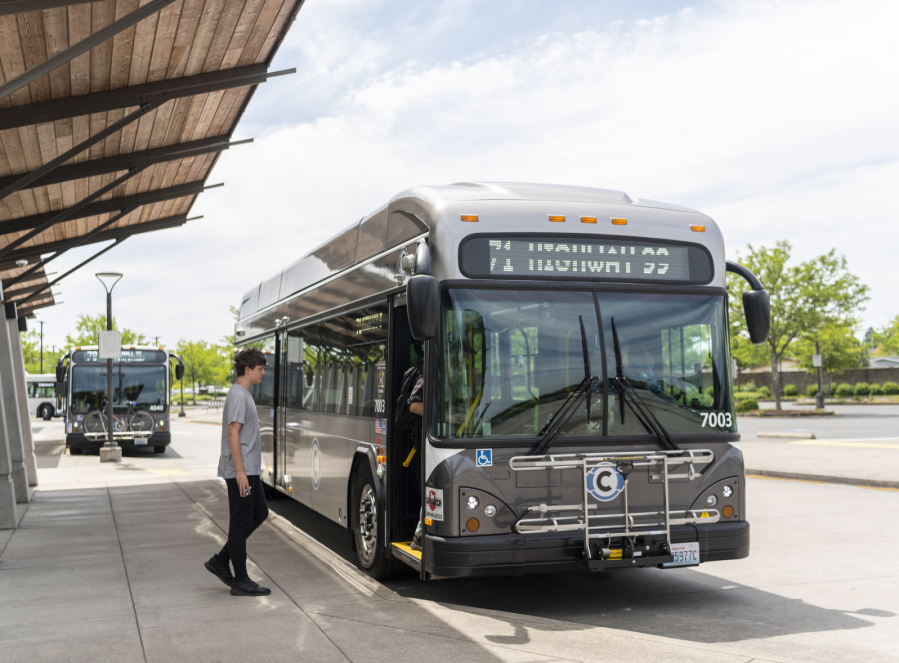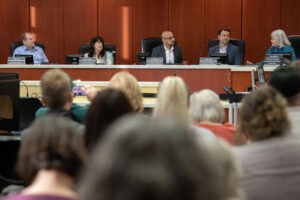A Thurston County judge has given C-Tran some breathing room in its dispute with the state over the transit agency’s board composition.
The Washington State Department of Transportation said earlier this year that it believes C-Tran, Clark County’s public transit agency, is violating a state rule requiring population-based representation on transit agency boards.
The state has threatened to withhold millions of dollars in state grant funding if C-Tran doesn’t reconfigure its board makeup to better represent the city of Vancouver and unincorporated Clark County by Oct. 1.
On Tuesday, Thurston County Superior Court Judge John C. Skinder issued a temporary restraining order to prevent WSDOT from enforcing that Oct. 1 deadline.
“C-Tran has shown that this lawsuit immediately affects significant segments of the Clark County area and Clark County residents who rely on C-Tran for essential activities, such as traveling to work, grocery shopping and medical appointments,” Skinder said in his order.





